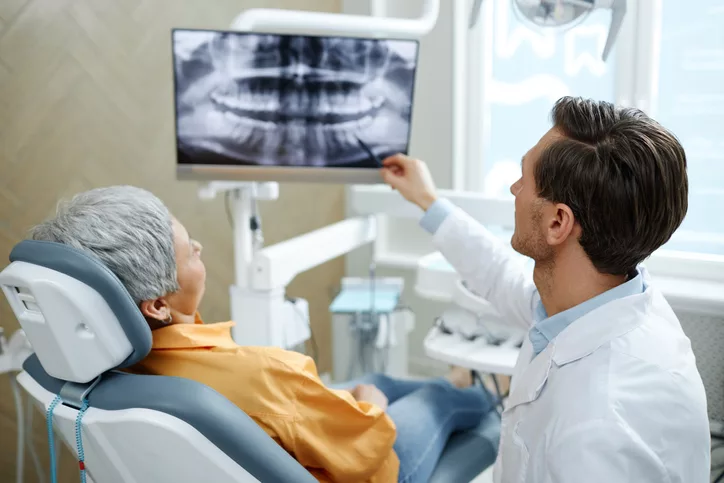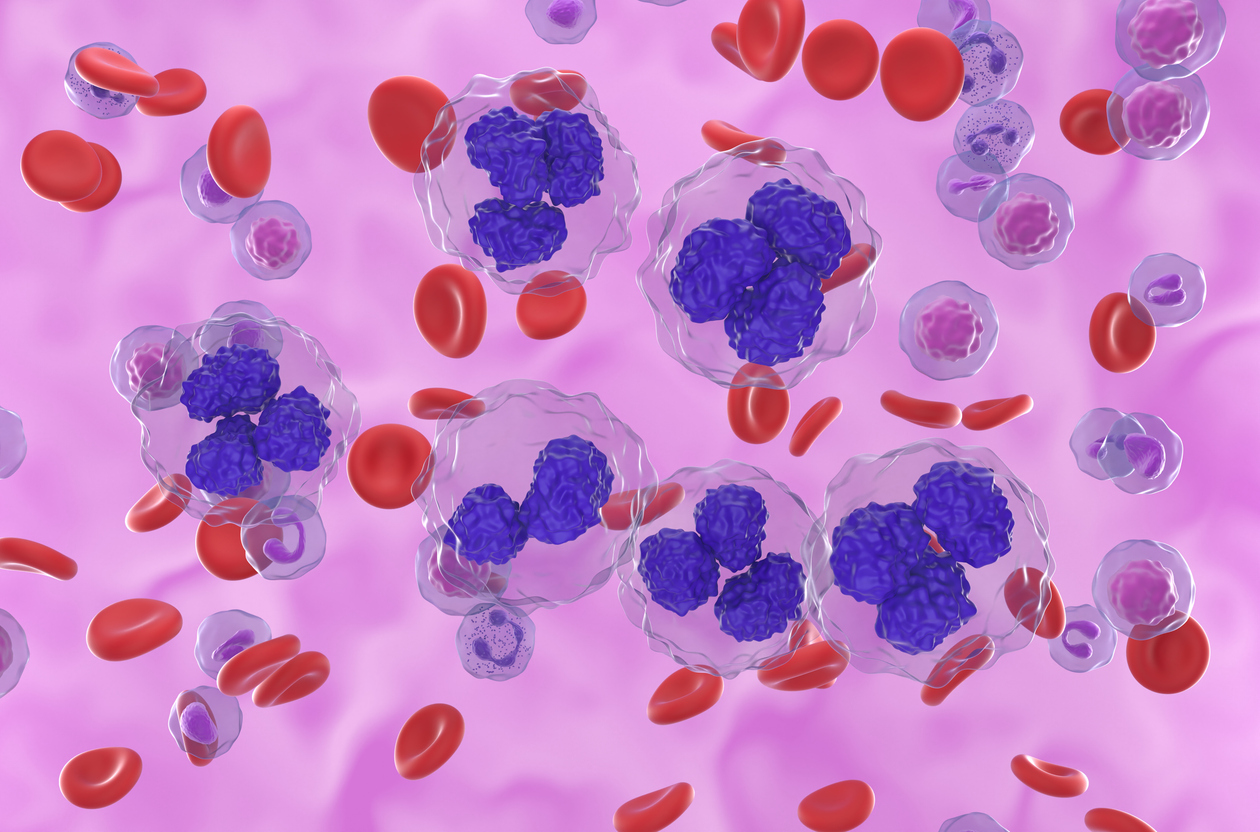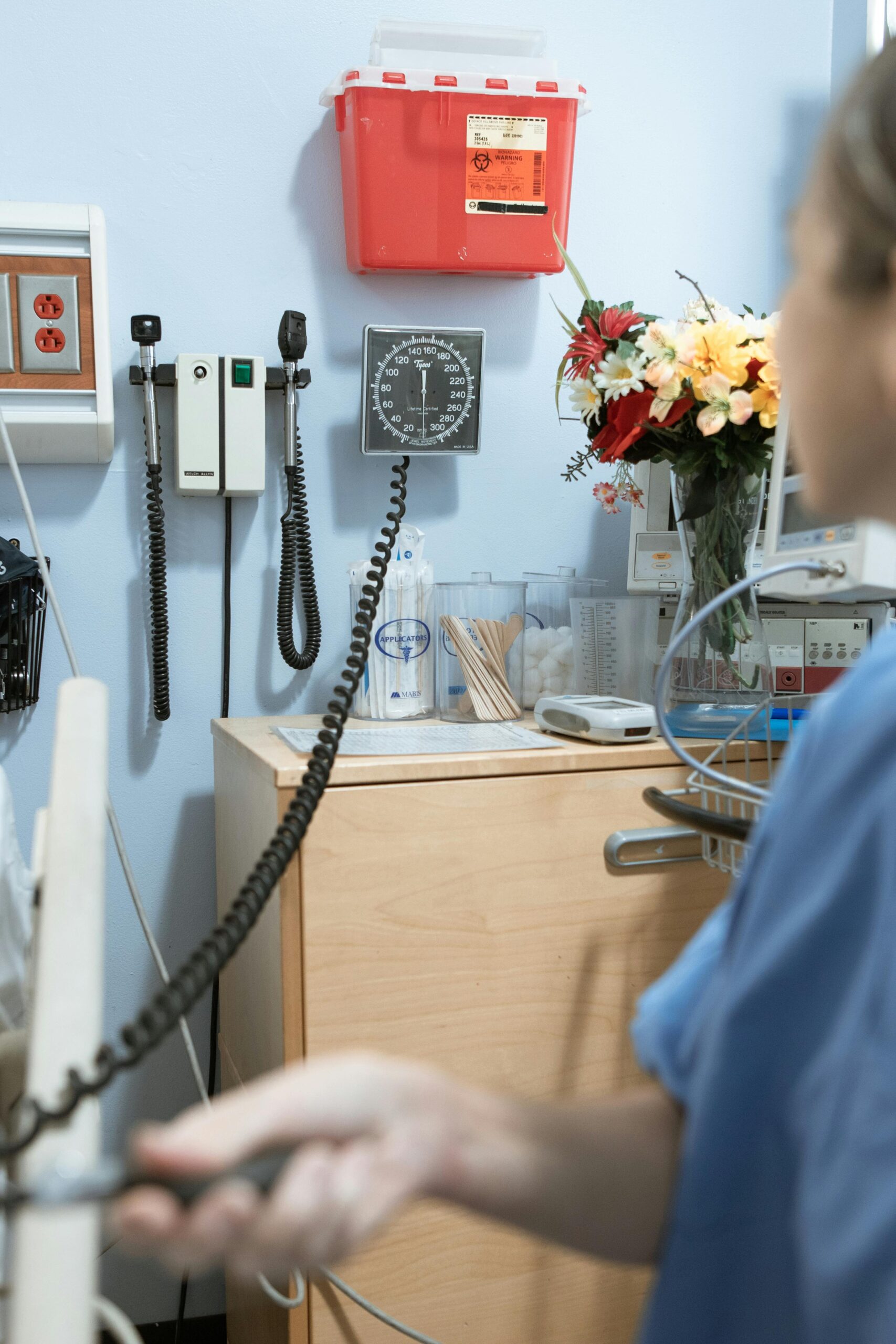Plaque psoriasis is a chronic, autoimmune condition that manifests as red, scaly patches on the skin. It is the most common form of psoriasis, affecting about 80% to 90% of people with the condition. Despite its prevalence, there are many misconceptions about plaque psoriasis, its causes, symptoms, and treatment options. This comprehensive guide aims to shed light on all aspects of this skin condition. If you start searching the options below, you can find the best deals for you.
What is Plaque Psoriasis?
Plaque psoriasis, also known as psoriasis vulgaris, is a skin disease characterized by raised, red, scaly patches. These patches, or plaques, are often covered with a silvery-white buildup of dead skin cells. They can appear anywhere on the body but are most commonly found on the elbows, knees, scalp, and lower back.
Psoriasis is not contagious. It occurs when the immune system mistakenly attacks healthy skin cells, leading to rapid skin cell turnover. Instead of shedding every 28 to 30 days as they normally would, the skin cells in people with psoriasis shed every 3 to 4 days.
Causes and Risk Factors
Genetics
Genetics play a significant role in the development of plaque psoriasis. The condition tends to run in families, and certain genetic markers have been linked to psoriasis. However, not everyone with these genetic markers will develop the condition, suggesting that other factors also contribute.
Environmental Triggers
Environmental factors can trigger the onset of plaque psoriasis or exacerbate existing symptoms. These triggers vary from person to person but can include stress, skin injury, certain medications, infection, and even weather changes.
Symptoms of Plaque Psoriasis
The primary symptom of plaque psoriasis is the presence of plaques on the skin. These plaques can vary in size and may be itchy or painful. Some people may also experience joint pain or stiffness, which could be a sign of psoriatic arthritis, a related condition that affects up to 30% of people with psoriasis.
It’s important to note that the severity of psoriasis varies widely from person to person. Some people may have only a few small plaques, while others may have large areas of their body covered.
Diagnosis and Treatment
Diagnosis
Plaque psoriasis is typically diagnosed by a dermatologist based on a physical examination of the skin. In some cases, a skin biopsy may be performed to confirm the diagnosis and rule out other skin conditions.
Treatment
While there is currently no cure for plaque psoriasis, various treatment options can help manage symptoms and improve the quality of life for those with the condition. These treatments aim to slow skin cell turnover and reduce inflammation. Treatment options include topical treatments, light therapy, systemic medications, and biologics. The choice of treatment depends on the severity of the psoriasis, the patient’s overall health, and their personal preferences.
Living with Plaque Psoriasis
Living with plaque psoriasis can be challenging, but with the right treatment and lifestyle modifications, most people can manage their symptoms effectively. It’s important for individuals with psoriasis to work closely with their healthcare provider to find a treatment plan that works for them. Additionally, joining a support group or connecting with others who have psoriasis can provide emotional support and practical tips for managing the condition.
















